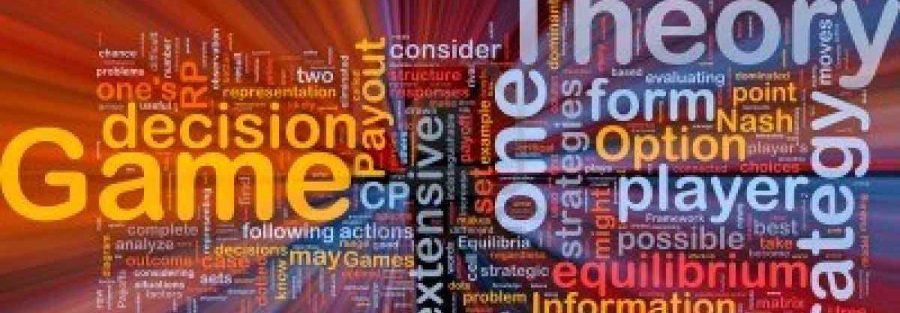Game theory, a branch of mathematics and economics, has applications in various fields, including management. In management, game theory can help analyze and strategize in situations where the outcomes of decisions depend on the actions of other parties.
Here are some ways game theory can be applied in management:
Strategic Decision-Making:
Competitive Strategy: Game theory is often used to analyze competitive situations, such as pricing strategies, market entry, and product positioning. It helps managers anticipate competitors’ moves and plan their responses accordingly.
Cooperative Strategy: Game theory can also be used to model cooperative agreements and alliances among companies. It helps in understanding when and how firms should collaborate to achieve mutual benefits.
Negotiation and Bargaining:
Negotiation Strategy: Game theory provides insights into negotiation strategies, such as the Nash bargaining solution, which helps negotiators find mutually acceptable outcomes.
Auction Theory: It helps in designing and participating in auctions, such as procurement auctions or auctions for selling assets.
Resource Allocation:
Resource Allocation: Game theory can assist in allocating resources efficiently among projects, departments, or business units. It considers the trade-offs and conflicts that arise when resources are limited.
Project Portfolio Management: Managers can use game theory to prioritize and select projects based on their potential returns and resource constraints.
Team Dynamics:
Team Coordination: In team-based projects, game theory can help identify coordination problems and solutions. It helps ensure that team members align their efforts for the best collective outcome.
Incentive Design: Game theory can guide the design of incentive systems that motivate employees to work together and achieve organizational goals.
Risk Management:
Decision under Uncertainty: Game theory helps in making decisions when outcomes are uncertain and influenced by the decisions of others. Managers can assess risks and develop strategies to mitigate them.
Contract Design: When entering contracts with suppliers, partners, or clients, game theory can help design contracts that align incentives and manage risks effectively.
Organizational Behavior:
Employee Behavior: Game theory models can be applied to analyze how employees interact within an organization, including issues related to cooperation, competition, and information sharing.
Innovation and R&D: It can be used to study innovation contests and R&D investments, considering how firms strategically allocate resources to gain a competitive edge.
Market Entry and Expansion:
Market Entry Strategies: Game theory helps firms decide when and how to enter new markets, considering the reactions of existing competitors.
Product Launch: It can guide product launch strategies, taking into account the timing and positioning in the market.
Regulatory and Policy Analysis:
Regulatory Compliance: Organizations can use game theory to anticipate regulatory actions and design strategies to comply with regulations or influence regulatory outcomes.
Public Policy Analysis: Governments and policymakers can apply game theory to understand the behavior of businesses and consumers in response to policy changes.
Game theory provides valuable insights into decision-making in situations characterized by interdependence and strategic interactions. By using game-theoretic models, managers can make more informed decisions, anticipate the actions of others, and develop strategies that maximize their objectives in complex, competitive, and cooperative environments.

